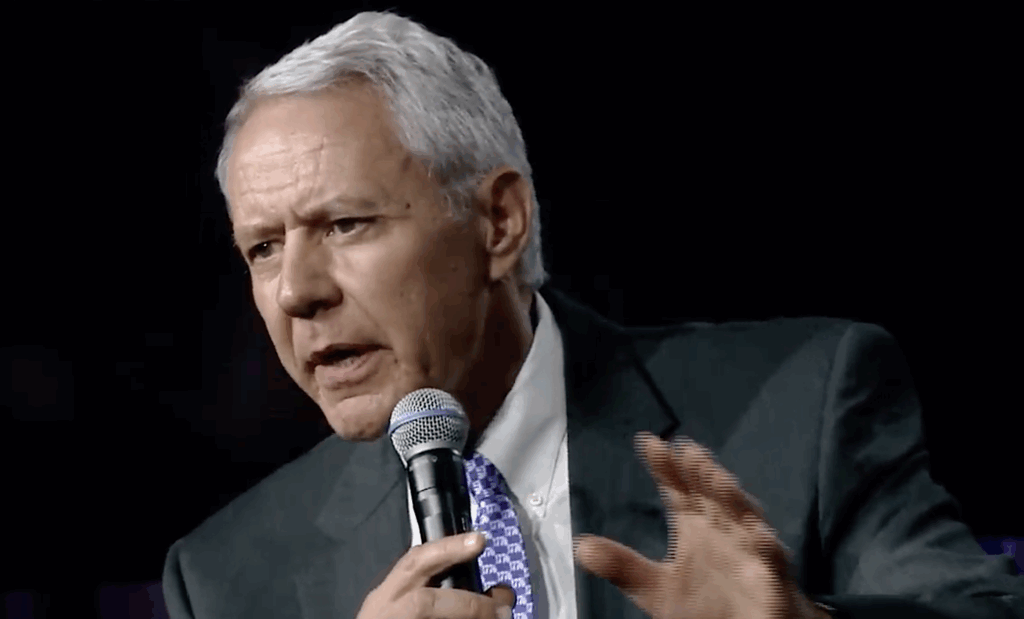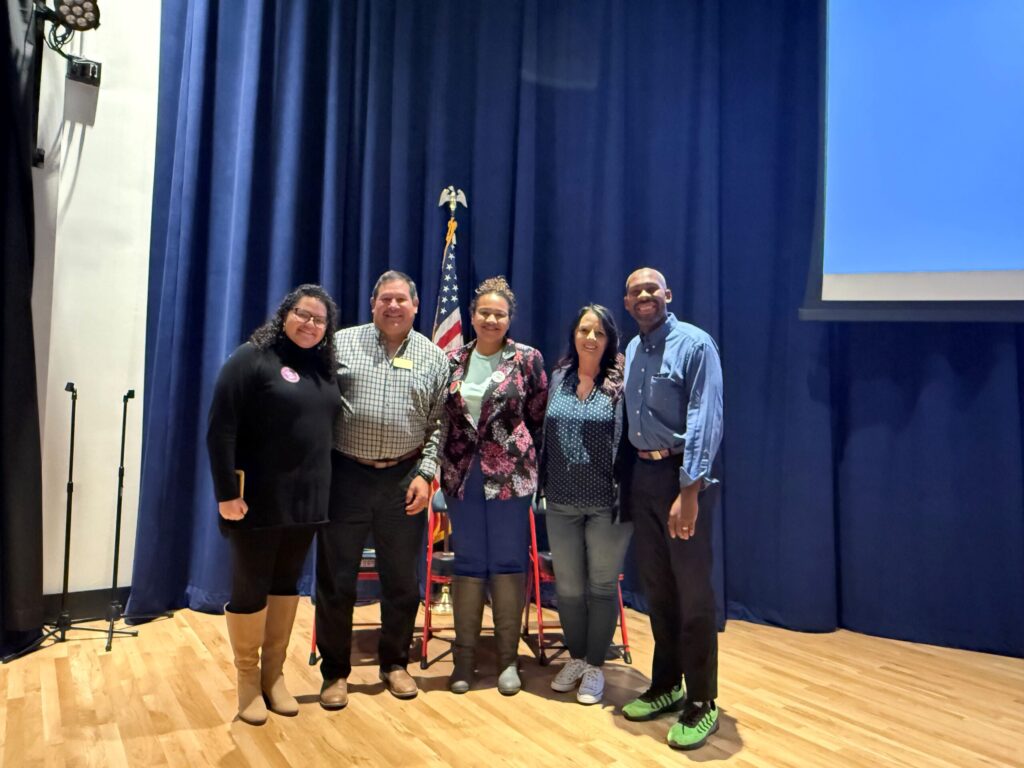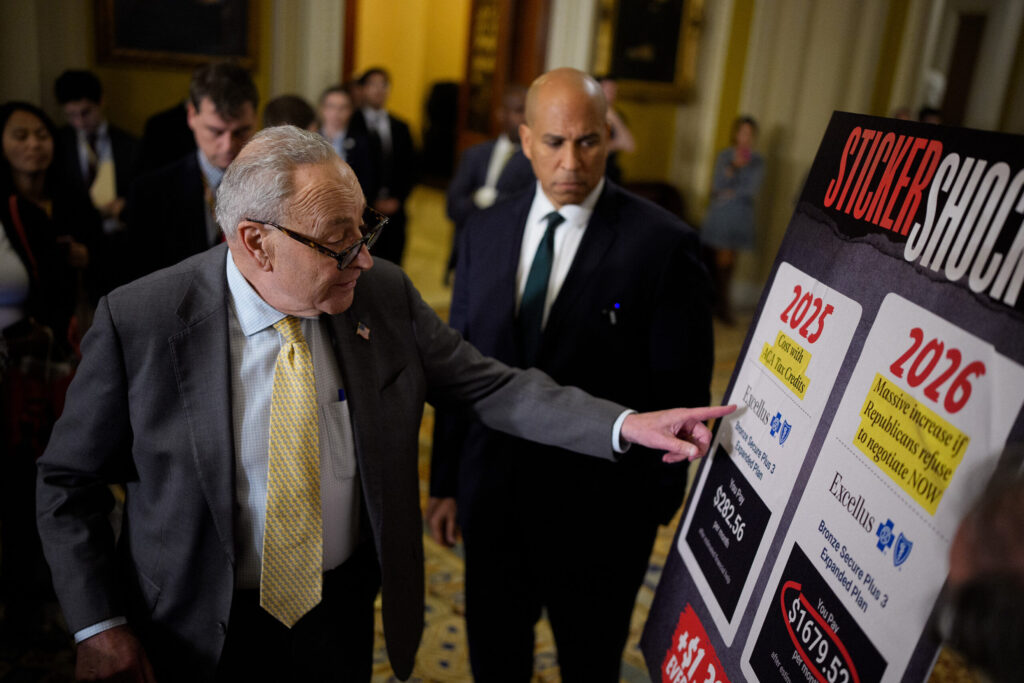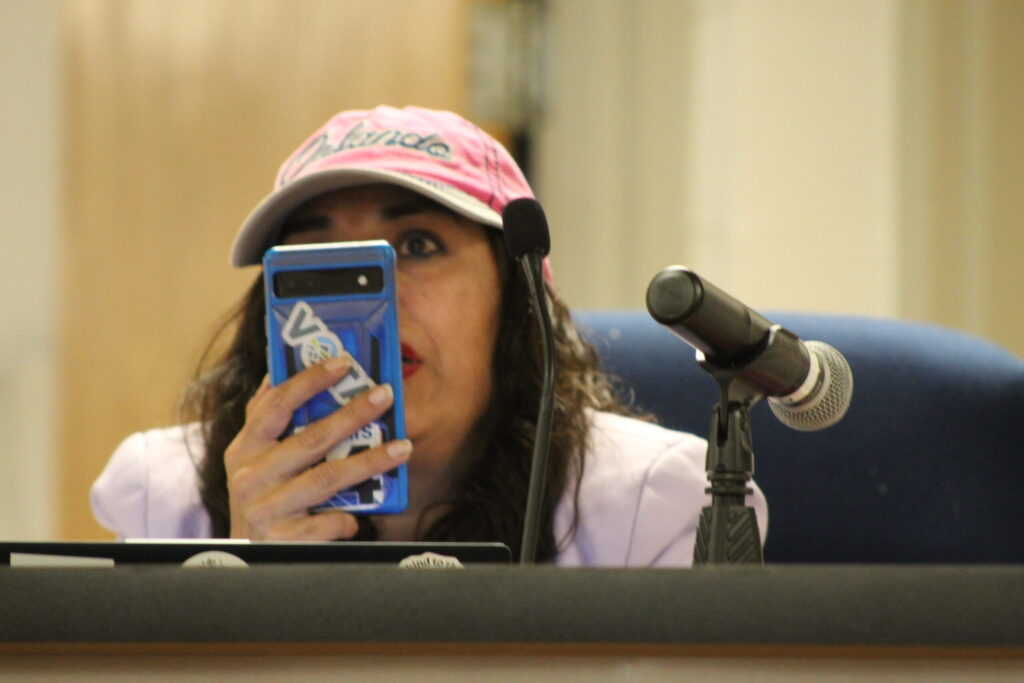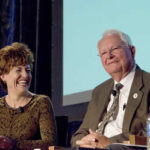Fight on the right in Colorado Springs over proposed tax hike to fix potholes

Colorado Springs residents are known for their opposition to tax increases, but they’re also fed up with the potholes that pepper the city’s streets.
Voters will decide which is worse on Nov. 3 with Ballot Issue 2C, a measure that would increase the 2.5-percent city sales tax by 0.62 percent to raise $50 million annually for five years to rebuild, pave and maintain the eroding roads.
A companion measure, Ballot Issue 2D, would allow the city to keep the $2.1 million Taxpayer Bill of Rights refund from 2014 for trail improvements, but the campaign’s focus is on the sales tax, which has ignited a heated election battle on the right.
Supporters are led by Mayor John Suthers — he was elected in May with 68 percent of the vote on a platform that centered on fixing the city’s flagging infrastructure — along with pro-business groups, realtors and the Colorado Springs Gazette, which endorsed the measure in an Oct. 12 editorial.
“The money would be used solely for roads. All work would be done by the private sector. Not a single new city employee will be hired to do the work,” says Suthers in a video promoting Issue 2C.
He’s facing pushback from several high-profile fiscal conservatives, notably Laura Carno and Jeff Crank, who want the city to explore other avenues for road repair before asking the voters to absorb a tax hike.
“Everybody agrees that the roads need to be fixed. There’s nobody who doesn’t agree with that,” said Crank, a political consultant, talk-show host on 740 KVOR and former state director of Americans for Prosperity. “So the question is, really, how do you do it, and is it right to go and do a sales-tax increase, which predominantly hurts the working poor? Is there a better way to do it?”
The city council voted 8-1 to place the measure on the ballot, but councilwoman Helen Collins, who cast the lone dissenting vote, is challenging the hike with a newly released radio ad that describes the proposal as a “bait-and-switch” aimed at building a hotly debated downtown arena.
“Issue 2C is a $250 million tax hike. It is not for roads. It is for the downtown arena, to be built without voter approval,” says Collins in the ad, which is posted on raisetaxesagain.com.
She told Fox21 that she felt so strongly about the issue that she took $10,000 from her own retirement account to pay for the radio spots.
“I cast the only vote against issue 2C,” says Collins in the ad. “Their bait-and-switch would wreck our economy and cripple family budgets.”
Suthers, who has campaigned vigorously for the measure, called her accusation “patently false,” saying that, under the ballot language, the funding “has to go to road repairs and improvements, and it will.”
“I will ensure that. The city auditor, most importantly, will ensure that,” Suthers said in a Wednesday interview with Richard Randall on 740 KVOR. “Helen, or whoever wrote that script for her, is trying to convince folks not to vote for this by coming up with this horrible of horribles — we’re going to spend it on an arena that nobody wants. That is not going to happen.”
Also in the mix is anti-taxer Douglas Bruce, author of the 1992 Taxpayer Bill of Rights and a close ally of Collins, who wrote the argument against Issue 2C that appears in the El Paso County informational pamphlet mailed to voters.
“Our fragile economy will sink if they take another $250+ million from our wallets,” Bruce’s argument reads. “It will drive more customers to shop online or in the county, hurting local stores. Tourism and business relocations will decline. Seniors and the poor will suffer the most.”
Carno and Crank have touted a report from Americans for Prosperity Colorado written by former Kansas state budget director Steven Anderson citing alternatives to a tax increase, such as collecting property taxes lost through granting exclusions.
In response, Suthers told The Gazette that the report appears to suggest lifting the tax-exempt status of churches, non-profits and the military, which Anderson and Crank staunchly deny.
“There’s nothing in the proposal that does that,” said Crank. “I think the mayor was irresponsible in making that claim.”
In a video, Carno argues that the city has “record revenue” and “record spending,” citing the 2015 budget of $259 million.
“To hear the politicians speak, you’d think Colorado Springs was broke,” says Carno, who heads an advocacy organization called I Am Created Equal. “The fact is, Colorado Springs spends over a quarter of a billion dollars every year. That’s $250 million. Ask your city council what they’ve done to make the city more efficient.”
But proponents of the measure argue that cost-conscious Colorado Springs cannot realistically tighten its belt to the tune of $250 million over five years. The second-largest municipality in Colorado, with a population of about 440,000, Colorado Springs has a budget smaller than those of Aurora and Fort Collins, which rank third and fourth in population.
Colorado Springs also has the lowest sales-tax rate among the nine most populous cities in Colorado, according to figures from the state Department of Revenue.
“The notion that there’s $50 million in this budget to deal with roads is, frankly, ludicrous,” Suthers said.
While high taxes can drive away business, so can a crumbling infrastructure and decaying streets, say supporters of Issue 2C.
“This is a critically important measure for the community to support,” said Dirk D. Draper, president and CEO of the Colorado Springs Regional Business Alliance, in an email. “We must pass this measure to maintain our transportation infrastructure for getting goods and services to market, and employees to their places of work. Mayor Suthers’s proposal is well-planned, reasonable, clearly targeted, and sunsets in five years.”
A sales tax is regressive, meaning that it hits those with lower incomes the hardest, but those in favor say that about 38 percent of the tax would be paid by tourists and out-of-towners, easing the burden on residents.
“We’re always open to more efficiency in government but are convinced the community cannot save and squeeze its way out of a transportation crisis that is partly the unintended consequence of scrimping and saving,” said the Gazette editorial endorsing Issue 2C.
“No one wants to pay more taxes,” the editorial continued. “But in a world where taxes are a necessary evil, Suthers has proposed one that should serve as a model for other cities.”
Colorado Springs political analyst Robert Loevy said voters have shown in the past that they’re willing to support tax hikes for roads and the airport, adding that “the Colorado Springs electorate is not quite as conservative as its reputation.”
“The record in Colorado Springs is yes, most taxes are turned down, but when it’s very clear that whatever is proposed is going to benefit the people directly, they tend to vote for it,” said Loevy, a professor emeritus at Colorado College.
For many voters, he said, the pothole problem has reached a critical mass. About 70 percent of the roads are in “poor or mediocre” shape, according to Colorado Springs Forward, citing an independent transportation study.
“I think it’s going to pass, mainly because it’s so visible and obvious to people in Colorado Springs what terrible condition the roads are in,” Loevy said. “You can’t drive in the community without being aware very quickly as your car rattles and bangs over heavily patched and, in some cases, not-repaired-at-all streets.”
The measure’s fate also hinges in part on the credibility of Suthers, the former attorney general and longtime Republican Party stalwart, who has put his reputation as a fiscal conservative on the line advocating for the tax hike.
“I trust you, John, but there are people out there who do not,” said Randall during Wednesday’s radio show.
Suthers responded that voters should place their faith instead in the unambiguous language of Issue 2C.
“The language of the ballot measure requires that the money be spent only on road repairs and improvements,” Suthers said, adding, “Here, all this money will go to a separate fund to be used only for road improvements and repairs. The city auditor will ensure that. You don’t have to trust me.”


